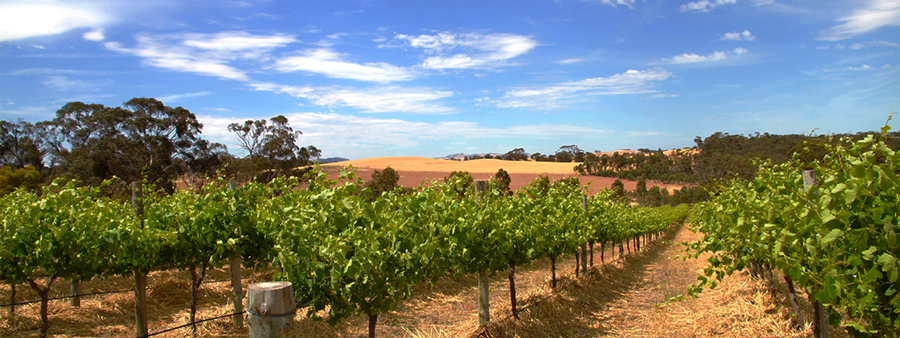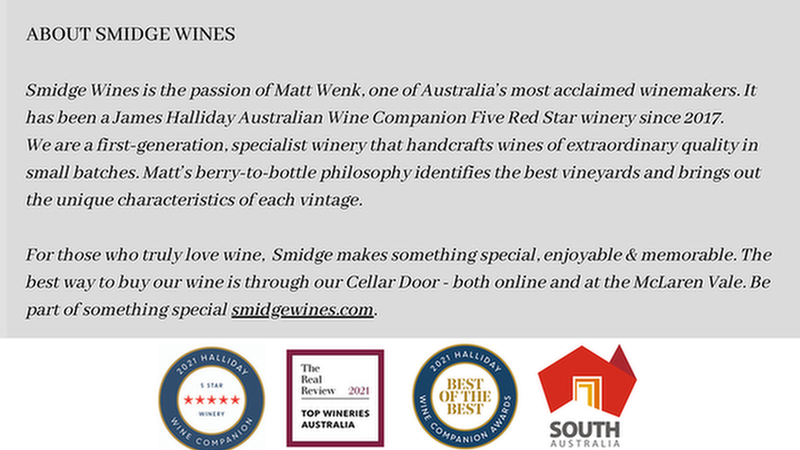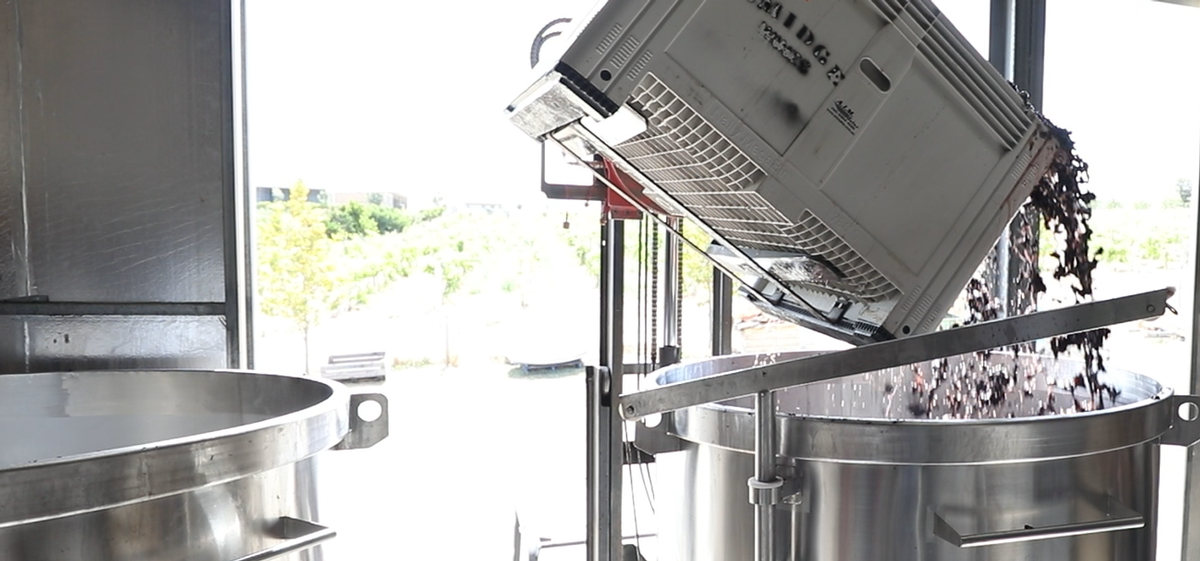Latest News From Smidge Wines
The Grapes Don't Care About Covid

While COVID has been an international distruptor on a scale that most people could not imagine, its impact on viticulture has been a little more nuanced. This week we sat down with Matt Wenk, Smidge founder and winemaker to get his take.
Matt begain by saying "Needless to say most people are now familiar with supply chain disruptions, and the need to find to new markets and even new ways of delivery.
Like any primary producer we are ultimately a slave to the weather, the vines keep growing, which inturn need harvesting and in time need pruning. Historically, our industry has ticked along nicely with a generous availability of local and transient workers, however COVID has been the ‘gift that keeps giving’ with another disruption to the backbone of our vineyard support.
This year we were on tenterhooks as promised start dates for pruning crews came and went on multiple occasions ( ultimately due to much lower numbers of pruners, but the same number of vines!). Fortunately, with a season starting a little later, and a well-timed barrel prune to buy us some grace, we were able to scrape in with our "2 bud spur" pruning being done in the nick of time
Equally, international placements have often been a hallmark of our vintage crew, in much the same way that I have had the privilege of working vintages around the world – it has been our way of reciprocating the opportunities – while at the same time having a splash of new energy, outlook and culture, that is always refreshing, even if not always a 100% fit . unfortunately, as an industry, it has been quite difficult securing casual employees for the 2022 vintage – While it seems early to even be thinking this…fingers crossed for 2023 [😊]"
Corkage Culture?

Corkage for "BYO wine" can be as divisive as religion and politics, so this week we’ve sat down with Smidge Winemaker & Founder Matt Wenk to get his take on something that can make or break a dining experience.
Unexpectedly, Matt started by chatting about the contribution a particular wine can make to enhance a food experience, in much the same way good company does. Sometimes it can help create the perfect food and wine match, and other times it can be a wine that has been carefully stored for years for a celebration or happy memory that will just make a night out special. So it is important not to dismiss any wine at any time and appropriate corkage culture is important to achieve this. He said it is critical for all parties to do their bit. “The margin a restaurant makes on a bottle of wine helps cover glassware, cleaning, breakages, service and in many cases maybe most of or even the only profit a restaurant will make on a cover – so in my own mind it is not just reasonable, but critical for an establishment to charge a balanced level of corkage to help ensure they are around to serve good food for another day”. During COVID and subsequent reduced occupancy this is even more important.
Independent on the specific restaurant charges, Matt has listed his top tips to drive success
1) Ring in advance especially if you are taking more than one botte– sometimes restaurants will prefer wines to be dropped off in advance, equally this is a good opportunity to find-out any charges to ensure there are no surprises on the night
2) Don’t bring wines that are already on a restaurant's wine list or readily available at liquor outlets
3) Be sure you buy a drink or two off the establishment's list, a pre or post dinner tipple purchased is always appreciated
4) If it’s a very special bottle or something fairly rare, it can be a nice touch to invite the sommelier to enjoy a taste too!

Why are Smidge Wines Vegan? - It might not be what you think

Every winemaker endeavours to produce the best wines they can and picking fruit at the optimal time makes life in the winery easier with flavours and structure regularly falling into place. Sometimes things may not be completely perfect and fining agents to remove "background noise" (things that may subdue aromas or are bitter on the palate) become useful tools in achieving this goal. The "one percenters" are crucial and short cuts should never be entertained, although efficiency should not be ignored either.
In the formative years of my career in the 1990's, I trialed many fining agents and found that several of the proteinaceous fining agents required long winded and often messy preparation before use. With several steps in the preparation process, there was more chance of human error occurring, especially if different personnel were involved, leading to possible inconsistencies between batches affecting results. This group of fining agents include products such as egg whites, isinglass, milk and milk derived products. Although their results were good, due to the aforementioned potential inconsistencies and sometimes messy preparation, I sought an alternative. Although rarely required, if there is a need, I now use a non-proteinaceous agent that is non-soluble, synthetic with a high molecular weight.
This product requires little preparation, is easy to use, settles quickly and has a broad spectrum of uses. Although subjective (as with many things in the wine industry), I found the results were equal to and regularly better than its proteinaceous counterparts. Therefore, when required, I have used this product ever since. In saying that, I am led to believe some of the newer proteinaceous products on the market are easier to use than their older counterparts, but use of these products would not allow me to call my wines 'vegan friendly'. - Matt Wenk.
- Matt Wenk